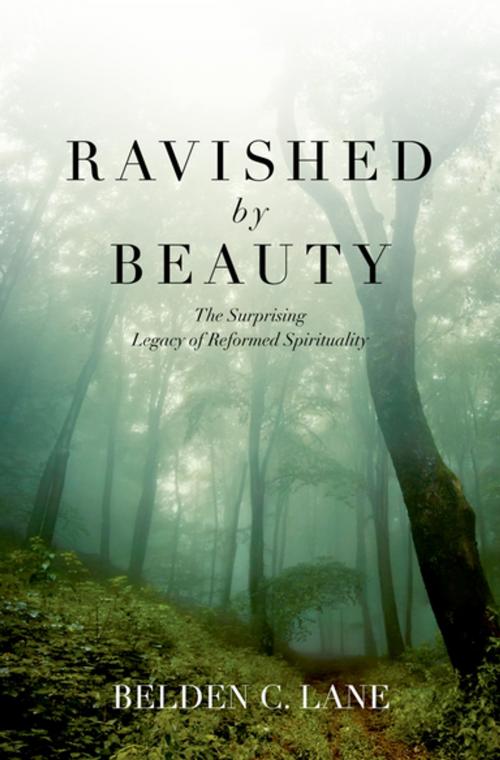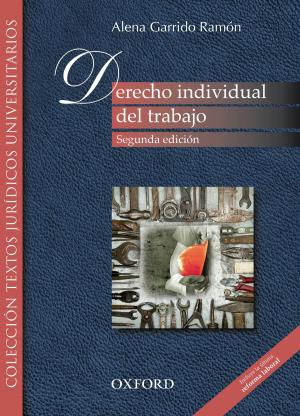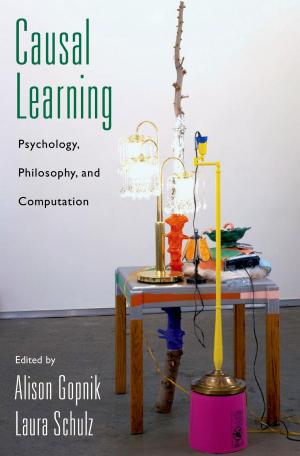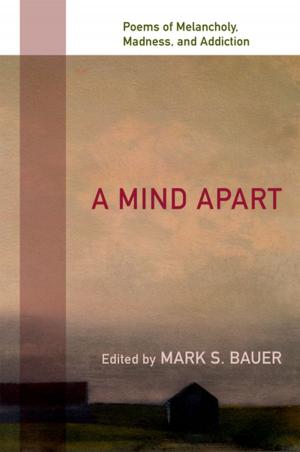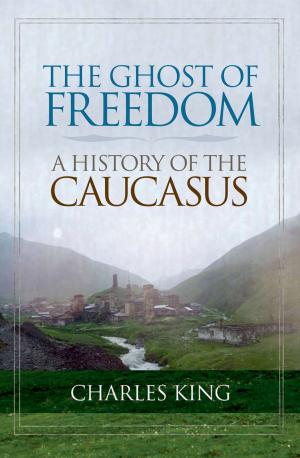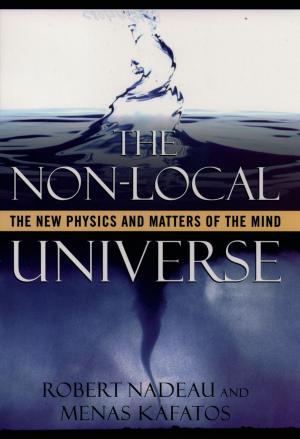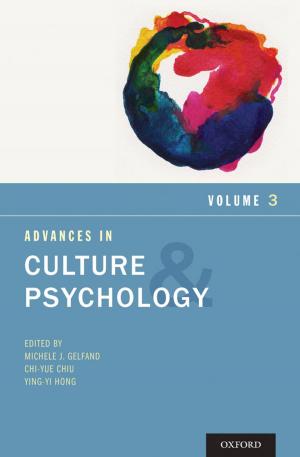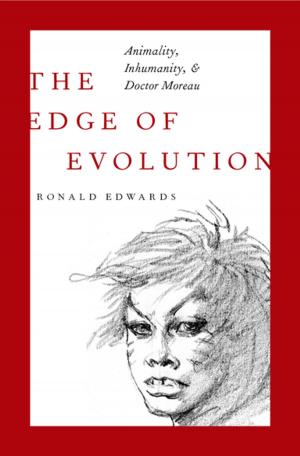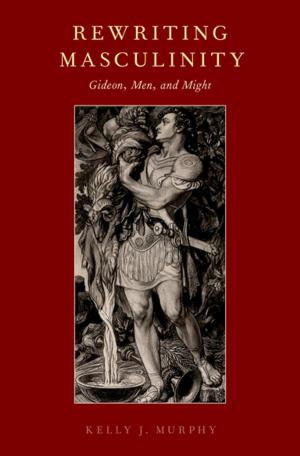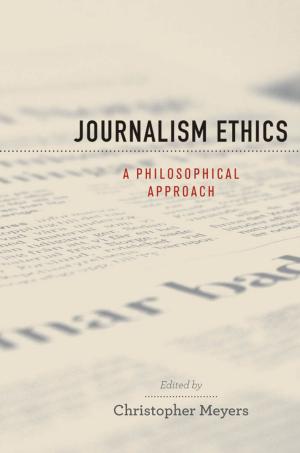Ravished by Beauty
The Surprising Legacy of Reformed Spirituality
Nonfiction, Religion & Spirituality, Bible & Bible Studies, Science & Nature, Nature| Author: | Belden C. Lane | ISBN: | 9780199831685 |
| Publisher: | Oxford University Press | Publication: | April 21, 2011 |
| Imprint: | Oxford University Press | Language: | English |
| Author: | Belden C. Lane |
| ISBN: | 9780199831685 |
| Publisher: | Oxford University Press |
| Publication: | April 21, 2011 |
| Imprint: | Oxford University Press |
| Language: | English |
In this novel exploration of Reformed spirituality, Belden C. Lane uncovers a "green theology" that celebrates a community of jubilant creatures of all languages and species. Lane reveals an ecologically sensitive Calvin who spoke of himself as ''ravished'' by the earth's beauty. He speaks of Puritans who fostered a ''lusty'' spirituality in which Christ figured as a lover who encouraged meditation on the wonders of creation. He presents a Jonathan Edwards who urged a sensuous ''enjoyment'' of God's beauty as the only real way of knowing God. Lane argues for the ''double irony'' of Reformed spirituality, showing that Calvinists who often seem prudish and proper are in fact a people of passionate desire. Similarly, Reformed Christians who appear totally focused on divine transcendence turn out at times to be closet nature mystics, exulting in God's glory everywhere. Lane also demonstrates, however, that a spirituality of desire can be derailed, ending in sexual excess and pantheism. Ecologically, holy longing can be redirected from a contemplation of God's splendor in the earth's beauty to a craving for land itself, resulting in disastrous misuse of its resources. Between the major chapters of the book are engaging personal essays drawn from the author's own love of nature as a Reformed Christian, and providing a thoughtful discussion of contemporary issues of species diversity and the honoring of an earth community.
In this novel exploration of Reformed spirituality, Belden C. Lane uncovers a "green theology" that celebrates a community of jubilant creatures of all languages and species. Lane reveals an ecologically sensitive Calvin who spoke of himself as ''ravished'' by the earth's beauty. He speaks of Puritans who fostered a ''lusty'' spirituality in which Christ figured as a lover who encouraged meditation on the wonders of creation. He presents a Jonathan Edwards who urged a sensuous ''enjoyment'' of God's beauty as the only real way of knowing God. Lane argues for the ''double irony'' of Reformed spirituality, showing that Calvinists who often seem prudish and proper are in fact a people of passionate desire. Similarly, Reformed Christians who appear totally focused on divine transcendence turn out at times to be closet nature mystics, exulting in God's glory everywhere. Lane also demonstrates, however, that a spirituality of desire can be derailed, ending in sexual excess and pantheism. Ecologically, holy longing can be redirected from a contemplation of God's splendor in the earth's beauty to a craving for land itself, resulting in disastrous misuse of its resources. Between the major chapters of the book are engaging personal essays drawn from the author's own love of nature as a Reformed Christian, and providing a thoughtful discussion of contemporary issues of species diversity and the honoring of an earth community.
